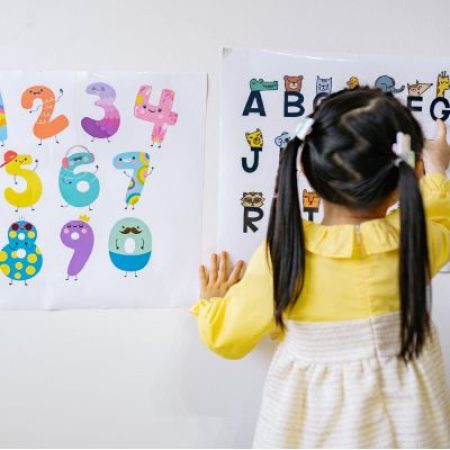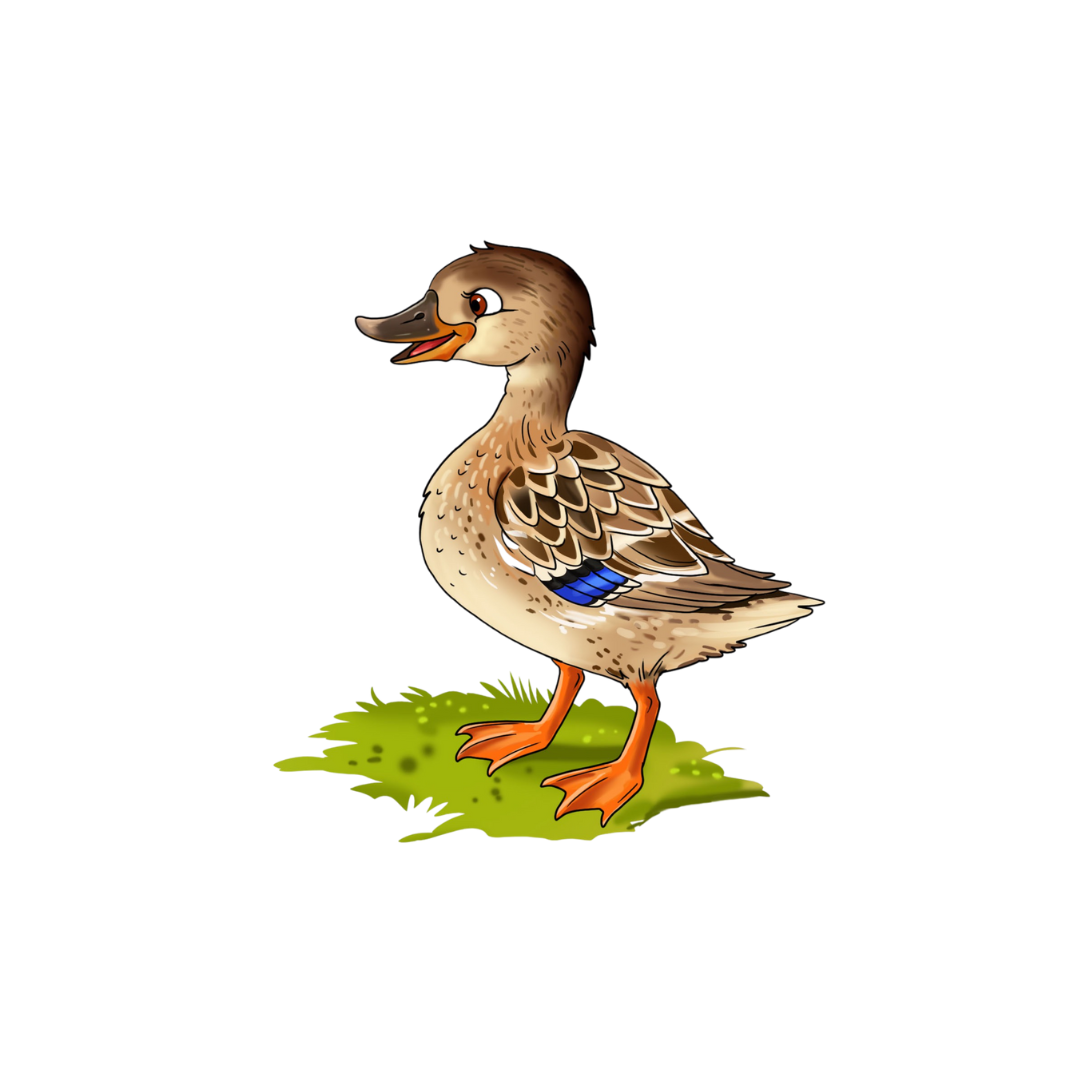Ah, school readiness—a phrase that can send shivers down the spine of many parents and caregivers. What exactly is ‘school readiness?’ Simply put, school readiness encompasses a broad range of foundational skills that children develop in their early learning years, which are essential for future school success. Think of it as the sturdy bridge that links the cozy home world with the exciting new school universe.
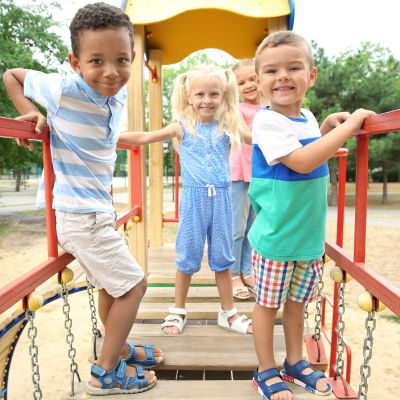
The Basics: What’s on the Readiness List?
When discussing school readiness, we often think of the ABCs and 123s: building awareness of the alphabet, recognizing numbers, and counting objects. However, this is just the tip of the iceberg! There are so many other crucial building blocks to starting school with confidence and enthusiasm.
Here’s a sneak peek at some of the essential skills beyond pre-reading and math:
Self-care skills: Can your child manage basic self-help tasks like dressing, toileting, and washing hands? These are the unsung heroes of school readiness.
Physical skills: Fine motor skills (think cutting with scissors or holding a pencil) and gross motor skills (running, jumping, climbing) are vital.
Language skills: The ability to express thoughts, listen to others, and understand instructions lays the foundation for effective communication and learning.
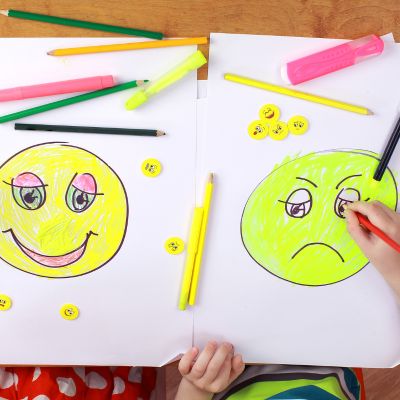
Play skills: Play is serious business! Through play, children learn to solve problems, develop creativity, and understand the world around them.
Social skills: Sharing, taking turns, and cooperating with peers are essential for building friendships and navigating the social landscape of school.
Diversity awareness: Understanding and respecting differences in others fosters an inclusive mindset from an early age.
Feeling Overwhelmed?
Take a deep breath. While the list of skills, knowledge, and attitudes might seem daunting, the good news is that many readiness skills develop naturally. They flourish through exposure to everyday routines, engaging experiences, and the magical world of books.
Two Golden Rules for Parents and Caregivers
Start Where Your Child Is: Every child is unique and develops at their own pace. Celebrate their current abilities and gently guide them towards new skills. There’s no one-size-fits-all approach, and that’s perfectly okay.
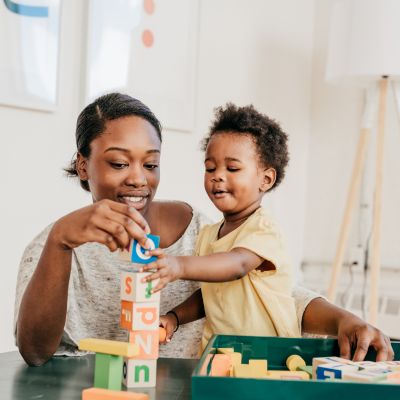
Make Learning Fun: Learning doesn’t have to be boring! Turn daily activities into playful learning opportunities. For example, counting while baking cookies, exploring nature during a family hike, or creating stories together during playtime. When learning feels like play, children are more likely to engage and absorb new information.
Remember, the journey to school readiness is a marathon, not a sprint. With patience, encouragement, and a sprinkle of fun, your child will be ready to embark on the exciting adventure of school. Let’s make these early years count—together!

